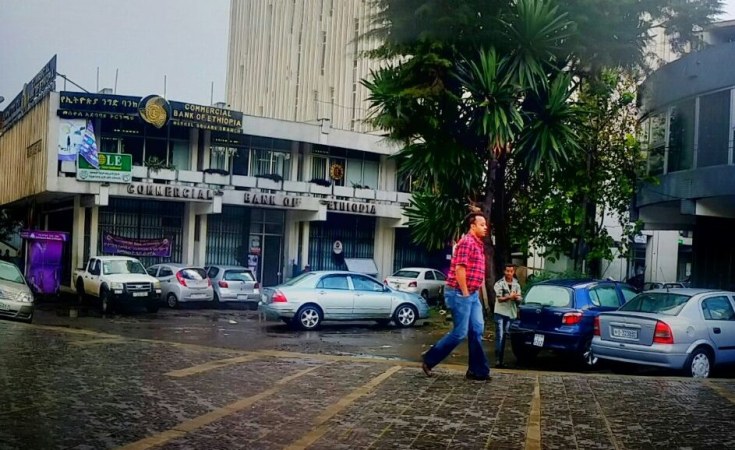Ethiopia's largest bank has reopened branches in some towns in Tigray, allowing residents to access funds they have been blocked from using for over a year due to the conflict between the federal government and Tigrayan rebels.
The Commercial Bank of Ethiopia said Monday that it has resumed financial services in Shire, Alamata and Korem, allowing people to deposit money and receive funds from abroad.
The announcement comes after the federal government and Tigrayan rebels signed a peace deal on 2 November that would reopen access to Tigray, which has been severely limited during the two-year conflict.
"Our bank was forced to suspend its banking services because of the instability in the northern part of the country," the bank said in a statement.
"Conditions permitting we will continue with our efforts to expand our services and step by step restart services in all branches."
Tigray reopening
Earlier this month, Ethiopia's electricity operator announced that the capital of Tigray, Mekele, had been reconnected to the national power grid after more than a year of cuts caused by the conflict.
Humanitarian aid has trickled into the north since the peace deal, but it remains well short of meeting the population's needs.
The United Nations says the conflict has displaced more than two million people and driven hundreds of thousands to the brink of famine.
According to the UN World Food Programme, more than 13 million people in northern Ethiopia now depend on humanitarian aid, including more than 90 percent of Tigray's population of six million.
Foreign troops in Tigray?
The peace agreement makes no mention about the withdrawal of Eritrean forces who have supported Ethiopia's government and have been accused of horrific abuses.
In neighbouring Somalia, President Hassan Sheikh Mohamud said on Monday that soldiers training in Eritrea will begin returning home this month.
Mohamud's predecessor Mohamed Abdullahi Mohamed - better known as Farmajo - said in May that his government had sent around 5,000 soldiers to train in Eritrea last year, but he decided to delay their return to avoid disrupting parliamentary and presidential elections.
Many in Somalia have wondered if the soldiers had been deployed to Tigray.
The UN special rapporteur on the situation of human rights in Eritrea, Mohamed Abdelsalam Babiker, in June last year referred to "reports that Somali soldiers were moved from military training camps in Eritrea to the frontline in Tigray, where they accompanied Eritrean troops" supporting Ethiopian federal forces against rebels.
(with AFP)


